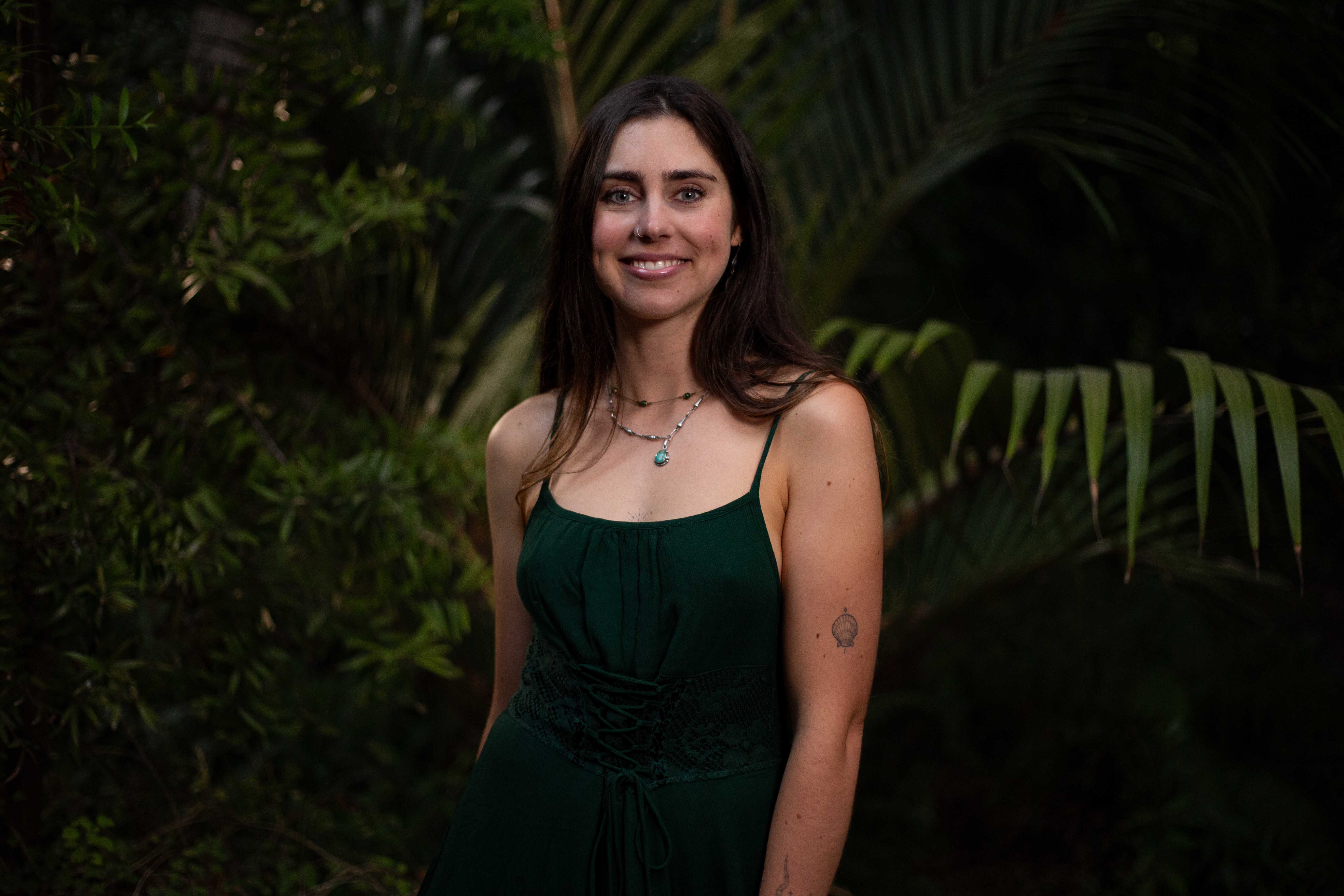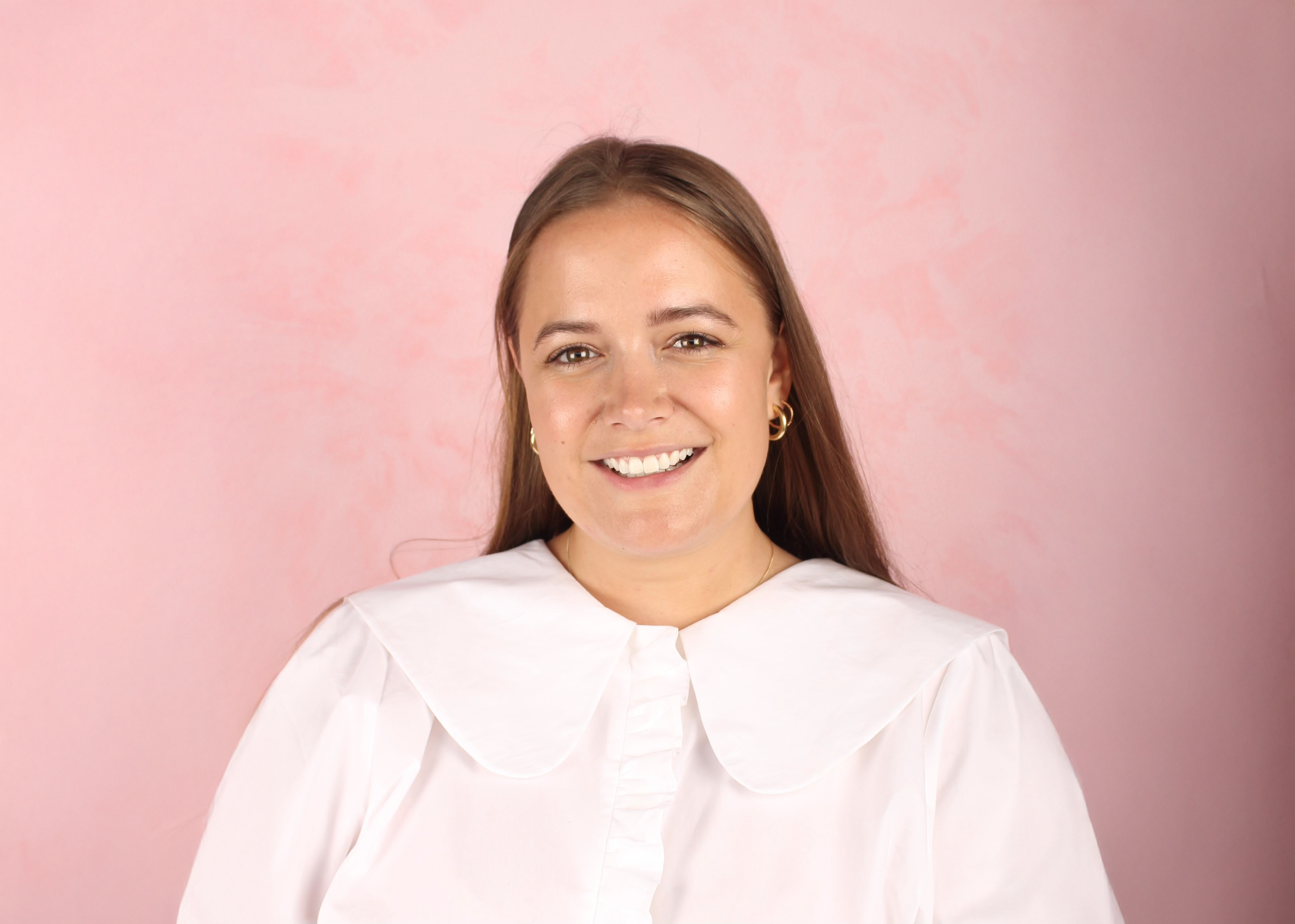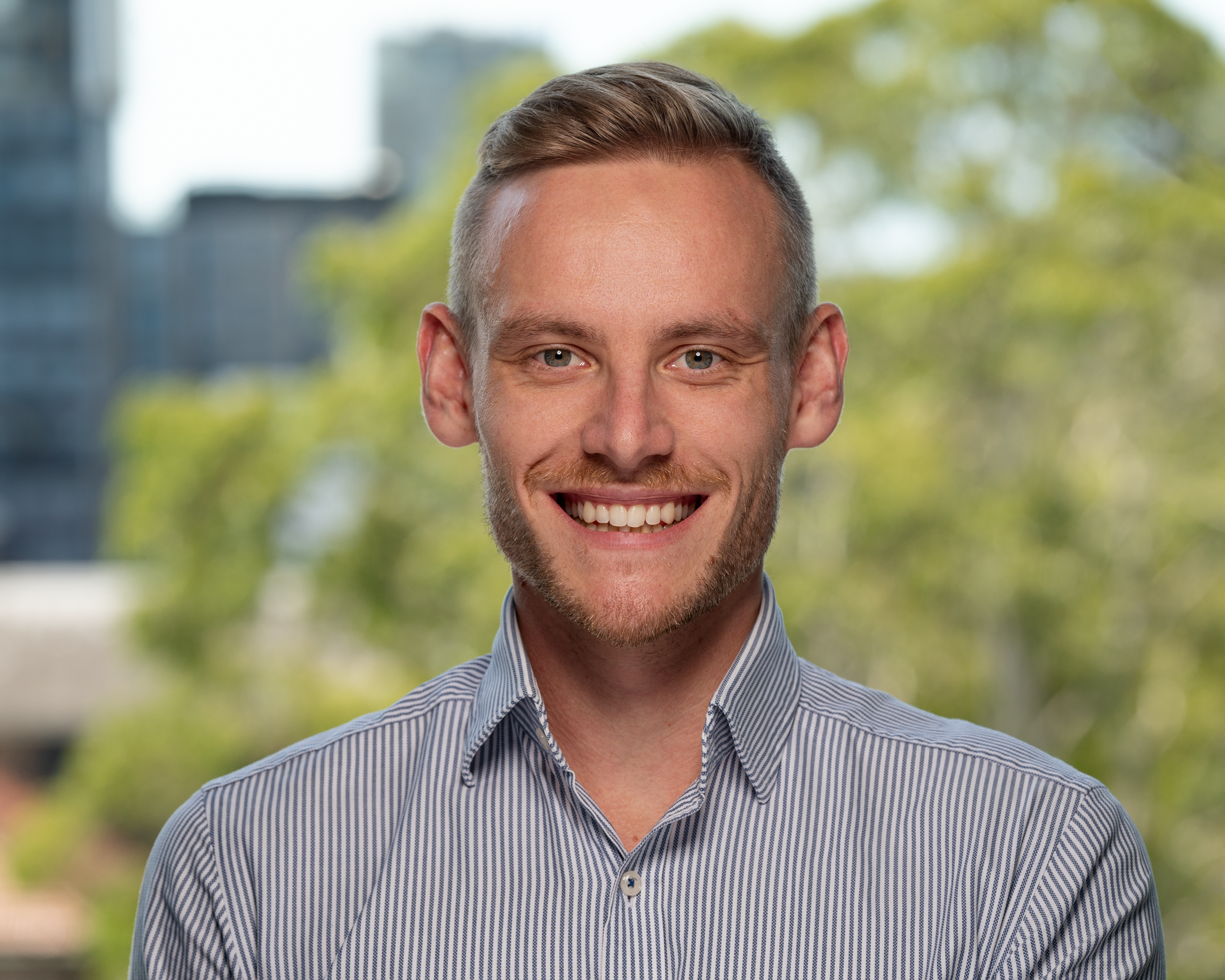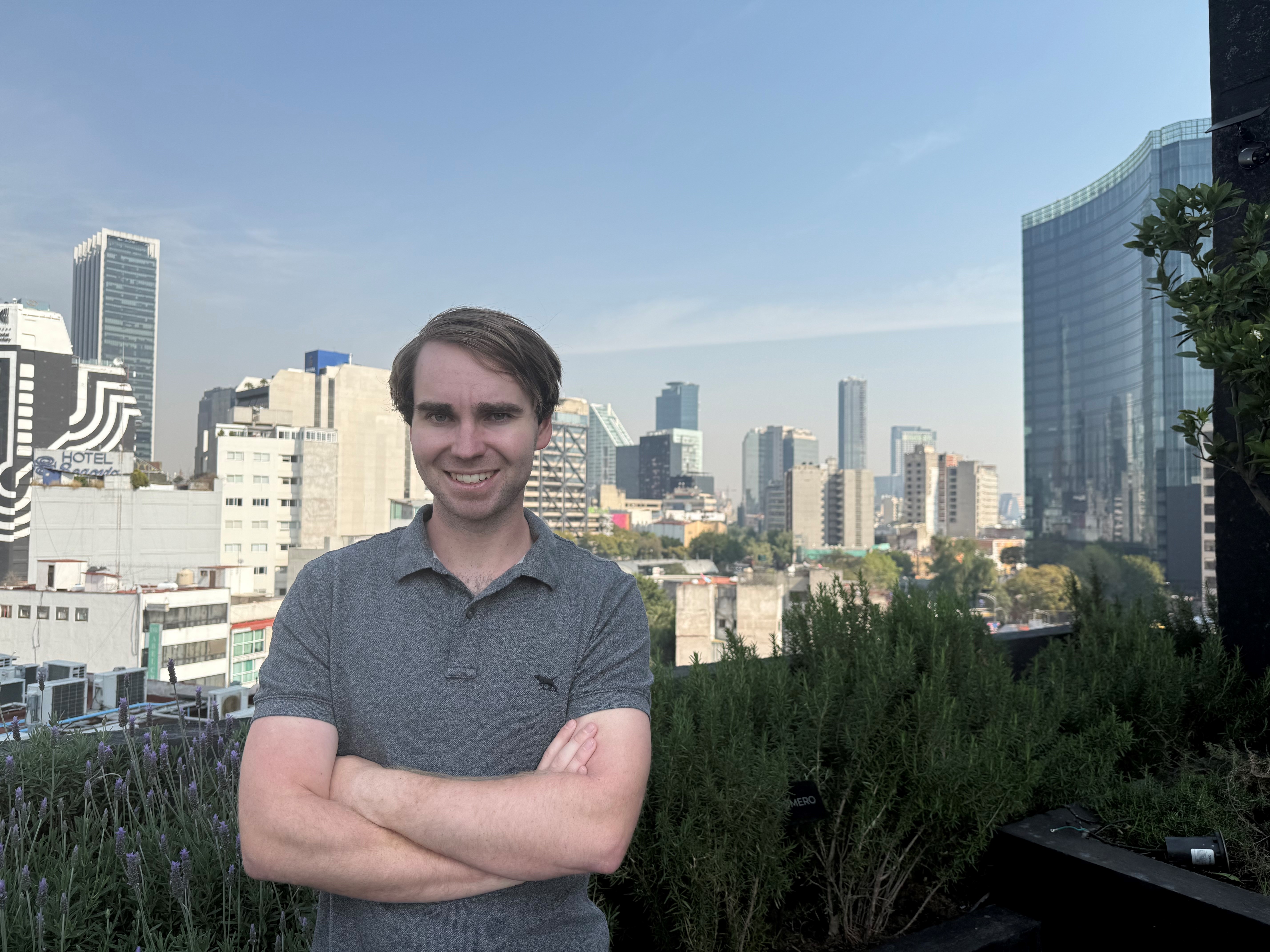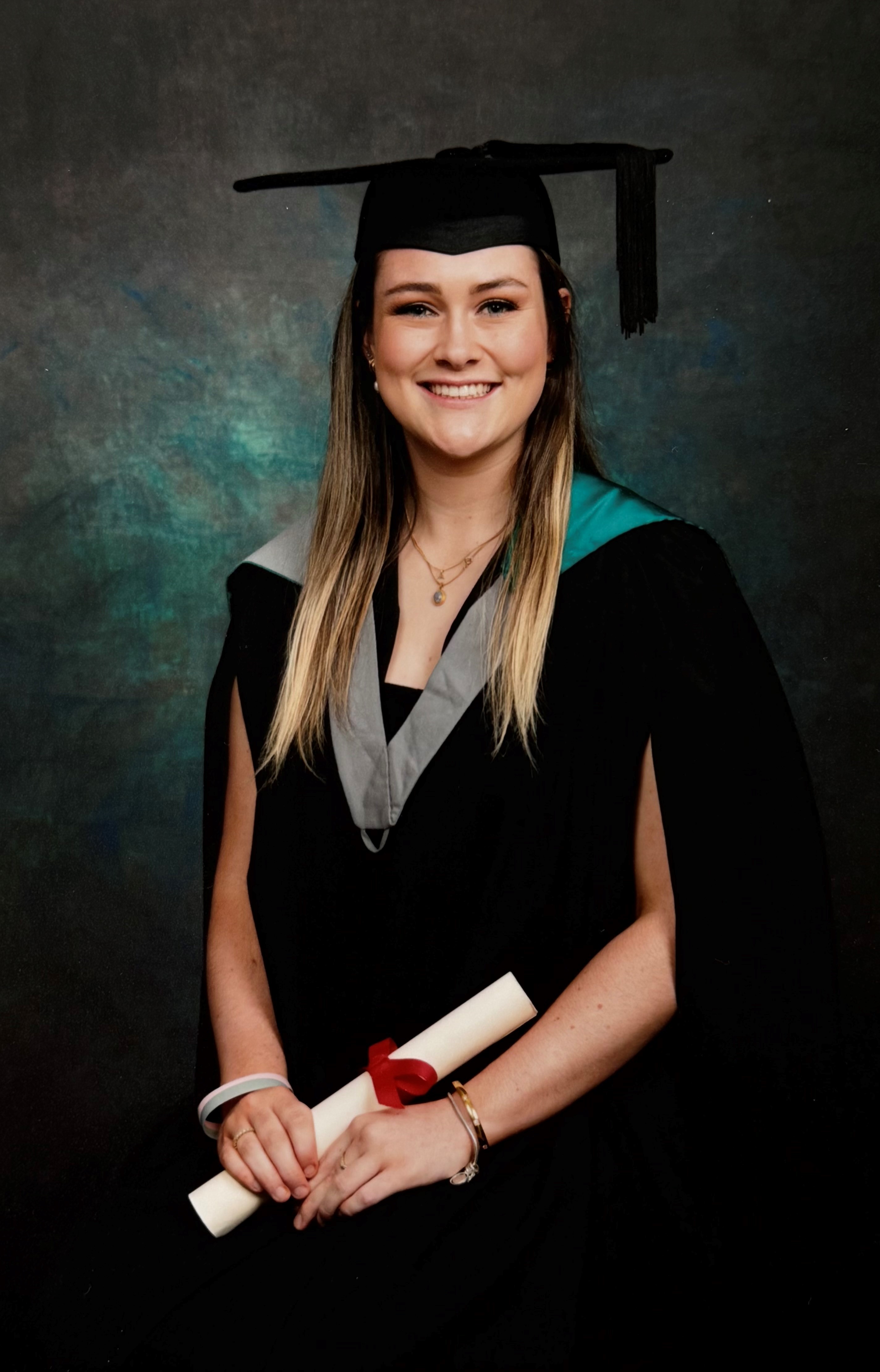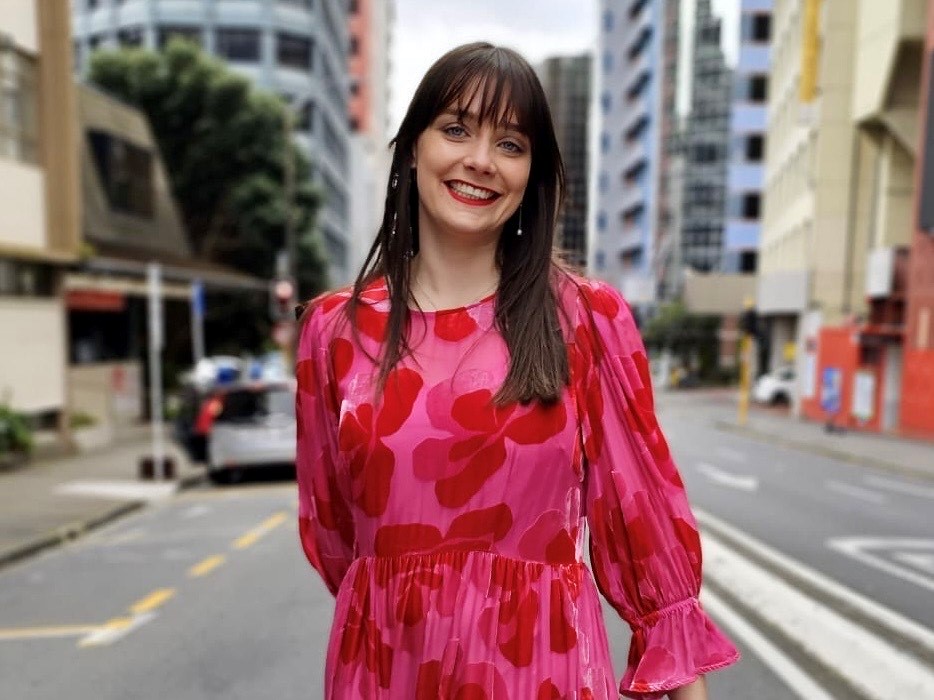What was it that inspired you to come to UC and study towards a BA? Was completing a GradDipJ always the plan?
I had friends studying at UC who really enjoyed it and were coming back from lectures discussing and debating topics that I was also interested in; I enrolled so I could be part of the conversation and studied a combination of literature, film, and history. A Graduate Diploma in Journalism wasn’t my plan when I began studying at UC but it became available for offer again when I was considering what kind of postgrad move I wanted to make. I’d just finished researching representation of Pacific Peoples in film and realised I could analyse from the outside or contribute to media which shapes these perceptions; journalism was the perfect opportunity to do this.
Can you tell us about your current role with the New Zealand Parliament?
I lead the communications team for two agencies which support the functions of Parliament: The Office of the Clerk and Parliamentary Service. We do a variety of work from design, video, and photography, but our bread and butter is internal and external communications. This includes anything from media releases/responses, proofing and drafting messages, strategies, and website content to letting people know the lifts are out of order.
What interested you about that role, coming from your journalism background?
The communications team sits under Parliamentary Engagement which aims to ensure everyone has access to the right information, and tools, to understand how to engage with Parliament. This goal is similar to the work I was doing as a journalist covering parliamentary procedure for RNZ’s The House programme, the intent there was to share information about Parliament to help people better engage with the democratic process. My current role allows me to utilise the skills of inquiry, critical analysis, and research I learned at UC to lead a team in support of this goal.
Is there a story or piece of work that you have worked on that you are particularly proud of writing or putting together?
In my previous role, this series following MPs through Tonga and Fiji to find out what they’re actually up to was one of the highlights; media tend to follow the political trips rather than the parliamentary ones: https://www.rnz.co.nz/national/programmes/the-house/audio/2018723697/not-a-holiday-mps-in-the-pacific
In my current role, supporting the Youth Press Gallery to report on Youth Parliament 2022 is a highlight, we connected them with media organisations to publish their work on national platforms increasing visibility of youth issues covered by youth. All their reporting is gathered here: https://www.parliament.nz/en/get-involved/youth-parliament-2022/youth-press-gallery-2022-reporting/
Are there any goals you want to achieve as Kaiarahi Tuku Kōrero/Communications Lead? (shaping the space, transparency, the culture behind what may be seen as a ‘stuffy’ institution?)
Everyone at Parliament is here to make a better Aotearoa New Zealand – the conflict, often seen in media, comes from everyone having a different idea of what ‘better’ actually is. That debate is healthy and necessary but it’s also worth knowing that there are many people working hard behind the scenes to make significant cultural change to this institution. In my time here staff networks for Women and Rainbow Communities have been established, we’re publishing our work related to the 2019 review into workplace culture on Parliament’s website, an ao Māori strategy has been produced and relationships with Te Āti Awa Tāranaki Whānui have strengthened (latest work involves a monument at the front of Parliament to acknowledge mana whenua). There’s still a lot of work to do in terms of altering the ‘stuffy’ reputation Parliament has but if I’ve made a bit of change to improve this space for Pasifika, Māori, women. And anyone else following me though the door then I’ll be more than happy.
It’s certainly been a turbulent period of time to work in parliament – how do you create that separation and work/life balance working in what I imagine to be a high-pressure environment?
This is often much easier said than done. If you can set clear expectations and boundaries for work and personal life at the very start of your employment, and stick to those rules, then it’ll be easier to achieve and maintain that balance. Learning how to say ‘no’ or ‘not right now’ is useful, as is stepping back to reset perspectives on what is truly important.
Check out Daniela Maoate-Cox, one of our Creatives profiles in our 150th Alumni Showcase here.
Image by Emma McAuliffe




